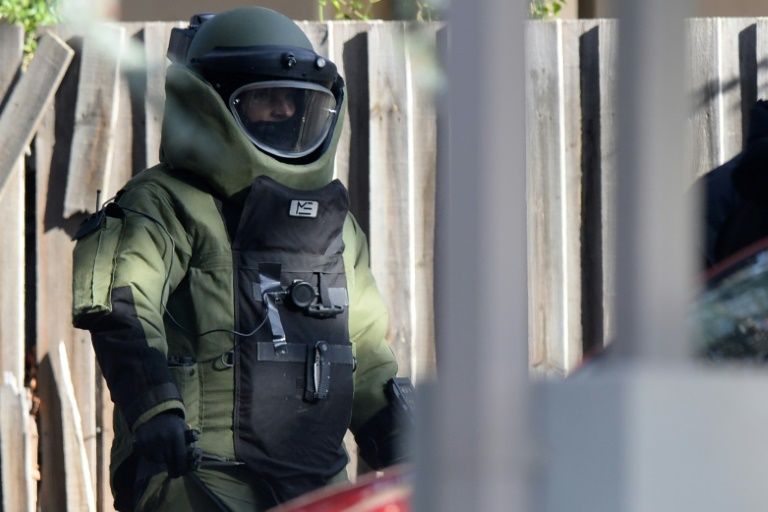Even if ISIS is defeated, the war on the greater Middle East is doomed to fail. So wrote Andrew Bacevich of Columbia University’s School of International and Public Affairs in the Washington Post.
Bacevich says this is the fourteenth war on the Middle East, a war that the Pentagon expects to last for years. Therefore, even if the Unites States wins it against ISIS, it would on the long run lose a lot because it would be mired for years and perhaps decades to come in that region, as happened in Afghanistan and Iraq.
And so the United States might find itself in a position to redraw the map of the region like the Sykes-Picot agreement did.
Is the United States doomed to lose its battles against terrorism?
Some US observers say the United States will inevitably lose because the mechanisms it uses in the war on terror do not target extremists in full, but target jihadists in a selective manner. That is why jihadist movements grew stronger as a natural reaction.
Instead of one Al-Qaeda that was formed in 2001 there are now many groups like it, if not stronger. And ISIS is clear evidence for that.
From Bush to Obama, the mistake in the fight against terrorism has been repeated, which is using a steel hammer to swat flies, whereas steel hammers are usually used to crack solid things that are difficult to move.
Washington is losing the war on terrorism because it deals with the symptoms and not the disease itself. It is fighting in the battle front, whereas it should be fighting in the front of ideology. Insisting on replacing communism by Islam as the enemy of the West feeds Al-Qaeda and ISIS with more popularity.
An article in the Foreign Policy magazine a few years ago said that the war on terror was a bad project from the beginning, and that the American policy has turned Iraq into a new Afghanistan, which led to the recruitment of more terrorists and extremists.
Edited translation from Al-Masry Al-Youm




